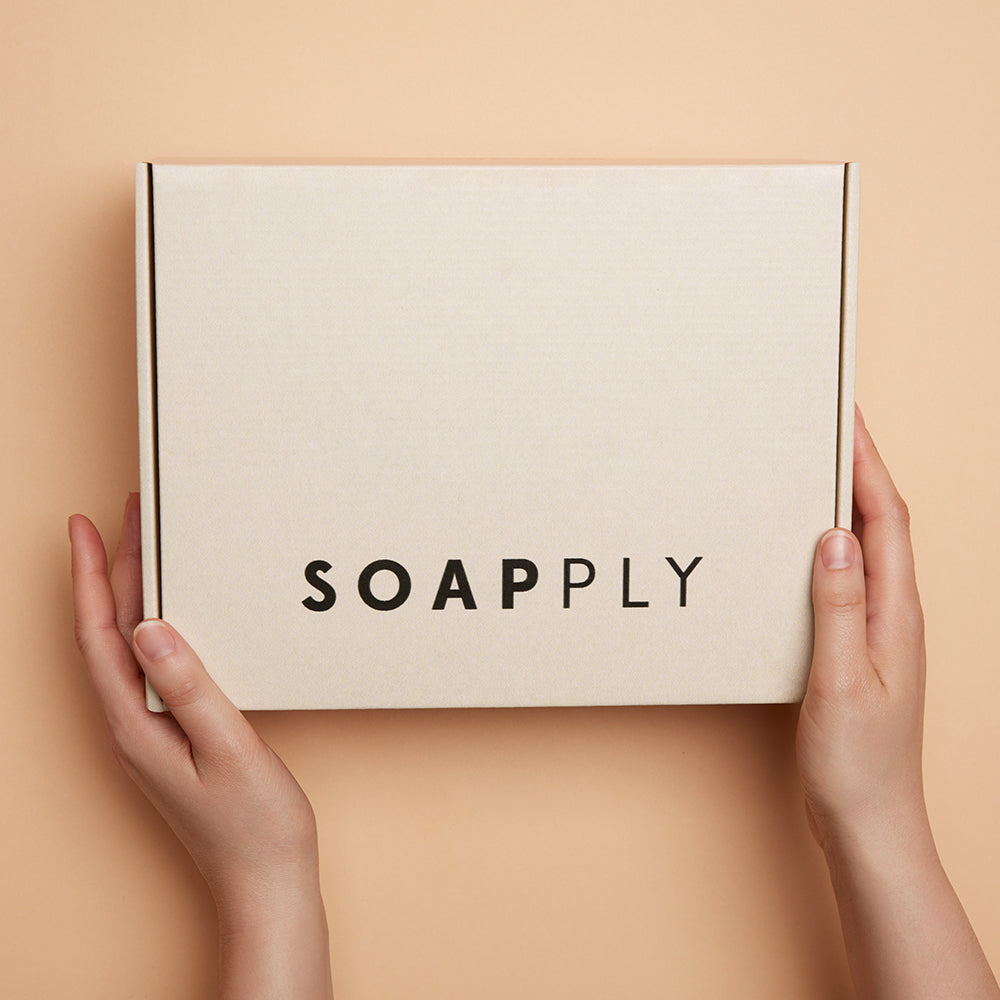What You May Not Know About Handwashing

Everything you may not know (but really should) about handwashing.
Just the facts, science, and information you need to stay healthy.
1. Does the water temperature matter when it comes to staying clean?
NO! Research has shown that the temperature of the water you use to wash up does not affect microbe removal when washing your hands. Hot, cold, or warm? Take your pick, Goldilocks – it’s all about what feels right to you!
2. Do you really need to dry your hands after you wet, lather, scrub, and rinse?
Yes! Your hands are better at transferring germs when they’re wet. Before you reach for the door handle after going to the bathroom, make sure you dry your hands!
3. Isn’t air drying fine?
Research shows that drying hands with a towel or wiping them dry with a piece of cloth can remove more germs that may have been missed while wetting, lathering, scrubbing, and rinsing. Air-drying does not have the same benefit.
4. Is it really necessary to wash your hands for 20 seconds?
The optimal length of time you should spend washing your hands likely depends on many factors, including the type and amount of grime, soil, and oil on your hands and the setting where you’re washing up. Knowing the exact optimal time for handwashing is difficult because few studies about the health impacts of altering handwashing times have been done. Most countries, the CDC, and other global organizations have all adopted the recommendation that you should wash your hands for 20 seconds.
5. Don’t I need hand sanitizer too? Is it better than soap?
Washing hands with soap and water is the best way to get rid of germs! (It's better than hand sanitizer).
- Hand sanitizers don’t get rid of all types of germs.
- Hand sanitizers may not be as effective when hands are visibly dirty or greasy.
- Hand sanitizers might not remove harmful chemicals, like heavy metals and pesticides, from hands.
If soap and water are not readily available, you can use hand sanitizer. (Our rule of thumb? If there is a place to wash up and soap within 10 minutes of us we wet, lather, scrub, rinse, and dry (with Soapply, obviously), but in a pinch we reach for natural hand sanitizer.)
6. SPOILER ALERT: Antibacterial soap is NOT more effective
What's the deal with antibacterial soap? Studies have shown that there is no added health benefit for consumers using soaps containing antibacterial ingredients compared with using plain soap.
Did you know that in 2016 the FDA actually banned ingredients, like Triclosan, found in some soaps marketed as antibacterial because they were actually linked to serious health and safety concerns?
7. How does handwashing with soap actually work?
Dirt, grease, and natural oils on your hands can hide germs that can cause diseases. Soap helps break down germy oils. When you lather and scrub your hands with soap (for 20 seconds), that facilitates the removal of germs that are then washed away with water when you rinse.
8. What about people that don’t have access to soap?
Access to soap is not universal. 1.4 million children under the age of 5 still die every year because of diseases we could prevent through the simple act of handwashing. We started Soapply to change that. Every time you wash with Soapply, you ensure you stay healthy and clean and help ensure others around the world have an opportunity to do the same.
9. Is poor hand hygiene only a problem in developing countries?
No! People often fail to properly wash their hands at critical times even in areas where handwashing is an entrenched behavior and both soap and water are plentiful. Globally, less than a fifth of people currently wash their hands properly at critical times.
10. What diseases does handwashing with soap actually help prevent?
Handwashing with soap helps prevent gastrointestinal diseases like diarrhea; respiratory infections like pneumonia and influenza; and other infectious diseases such as coronavirus and Ebola.
11. Does handwashing impact more than your health?
Yes! Handwashing with soap means more than clean hands—it’s a powerful catalyst for change that can create long-term positive impact in every area. In addition to its direct impact on health, handwashing also benefits and affects nutrition, education, equity, and economic development across the globe.
|
READ MORE ABOUT HANDWASHING: > How to properly wash your hands [Read article] |
SOURCES:
[1] https://www.cdc.gov/handwashing/show-me-the-science-handwashing.html#four [Visit website]
[2] https://www.cdc.gov/handwashing/show-me-the-science-handwashing.html#four [Visit website]
[3] https://www.cdc.gov/handwashing/show-me-the-science-handwashing.html#four [Visit website]
[4] https://www.cdc.gov/handwashing/show-me-the-science-handwashing.html#four [Visit website]
[5] https://www.cdc.gov/handwashing/when-how-handwashing.html [Visit website]
[6] https://www.cdc.gov/handwashing/show-me-the-science-handwashing.html [Visit website]
[7] https://www.cdc.gov/handwashing/show-me-the-science-handwashing.html [Visit website]
[8] https://www.unicef.org/media/media_92918.html [Visit website]
https://soapplybox.com [Visit website]
https://globalhandwashing.org [Visit website]
[9] https://msutoday.msu.edu/_/pdf/assets/2013/hand-washing-study.pdf [Visit website]
[10] https://www.cdc.gov/handwashing/why-handwashing.html [Visit website]
[11] https://www.unicef.org/media/media_92918.html [Visit website]
https://soapplybox.com [Visit website]
https://globalhandwashing.org [Visit website]

